Your cart is currently empty!
Tag: OrganicGrowing
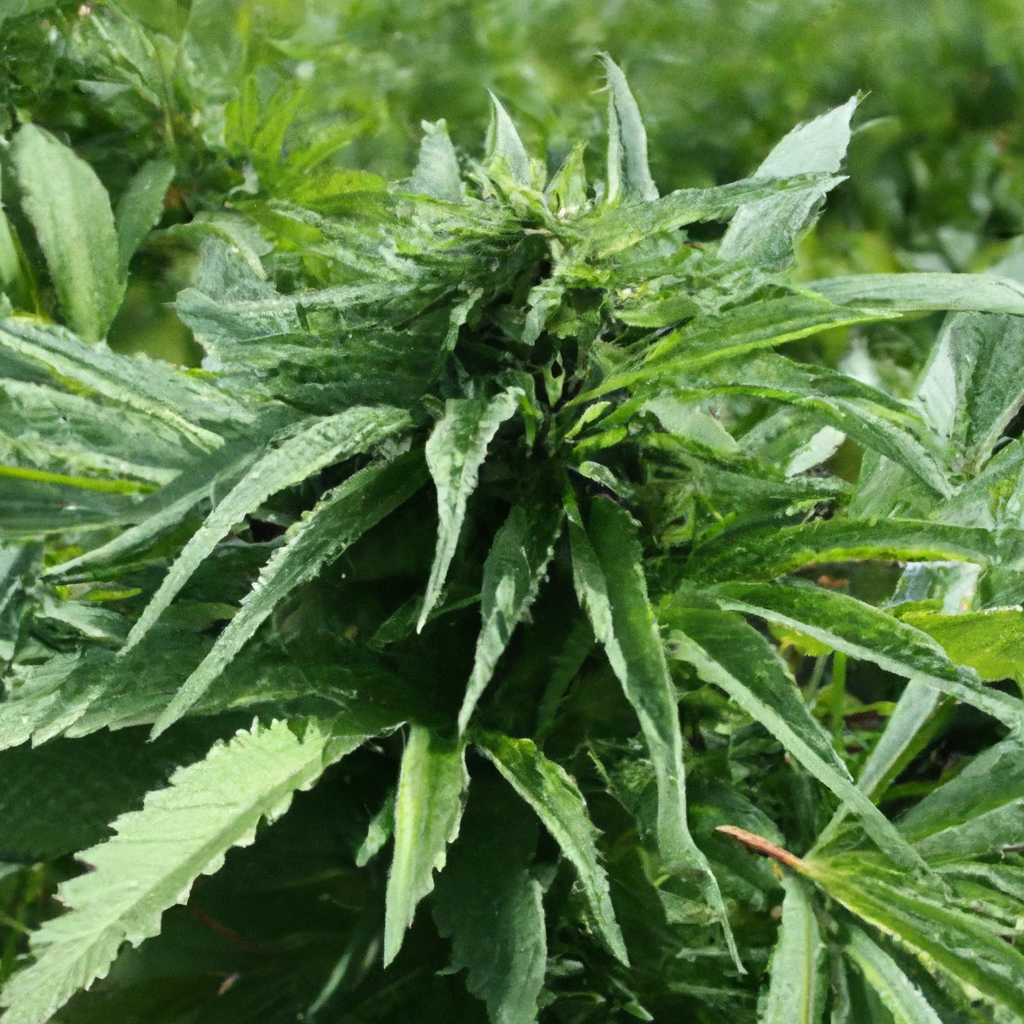
As the cannabis industry grows, many producers are embracing organic cultivation methods for more sustainable and eco-friendly practices. This guide highlights organic techniques, emphasizing healthy soil ecosystems with composting and mulching, and the use of natural fertilizers such as fish emulsion and bone meal. It also covers eco-friendly pest control through companion planting and beneficial…
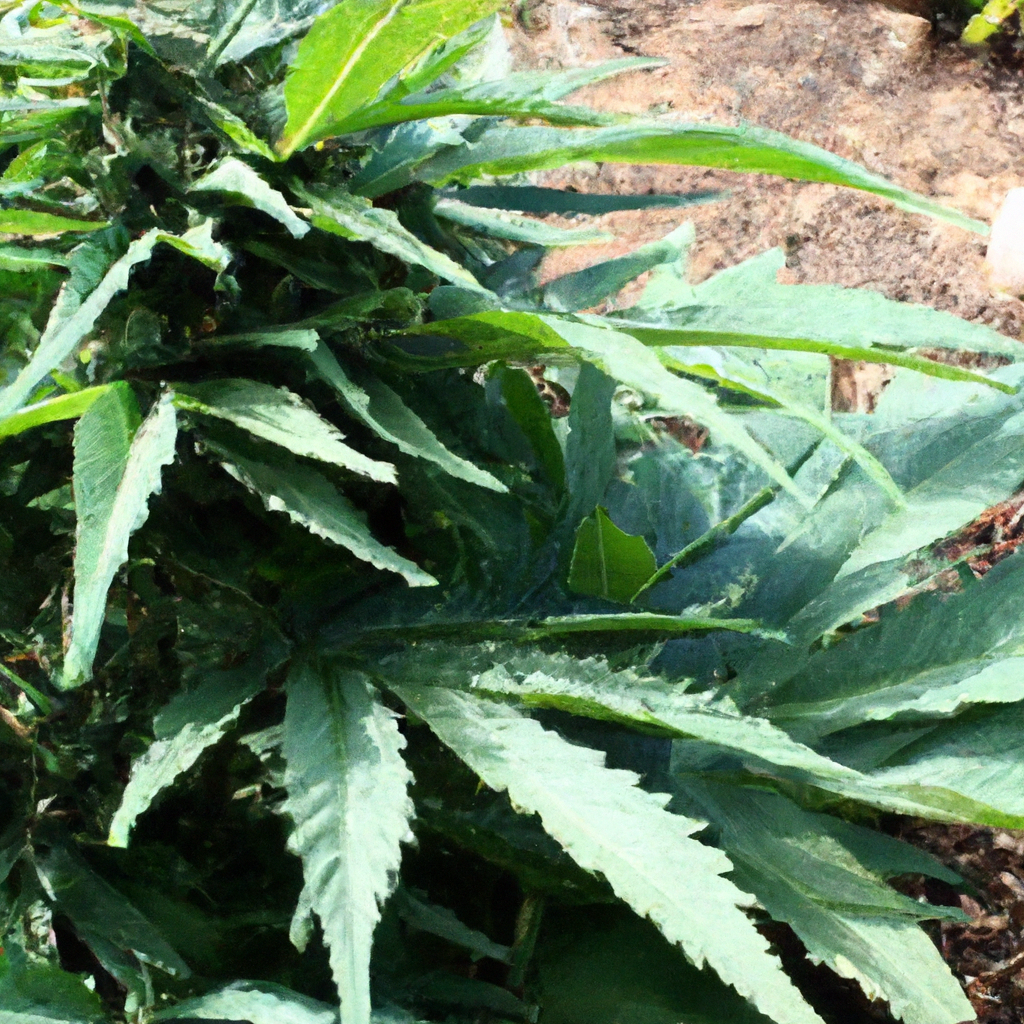
Organic cannabis cultivation is increasingly favored for its sustainable and eco-friendly practices. By using natural fertilizers, beneficial insects, and companion planting, growers maintain a healthy yield without synthetic chemicals. Building a rich soil ecosystem through compost, cover crops, and mulching is key. Organic methods enhance plant quality and environmental health, appealing to conscious consumers. Embracing…
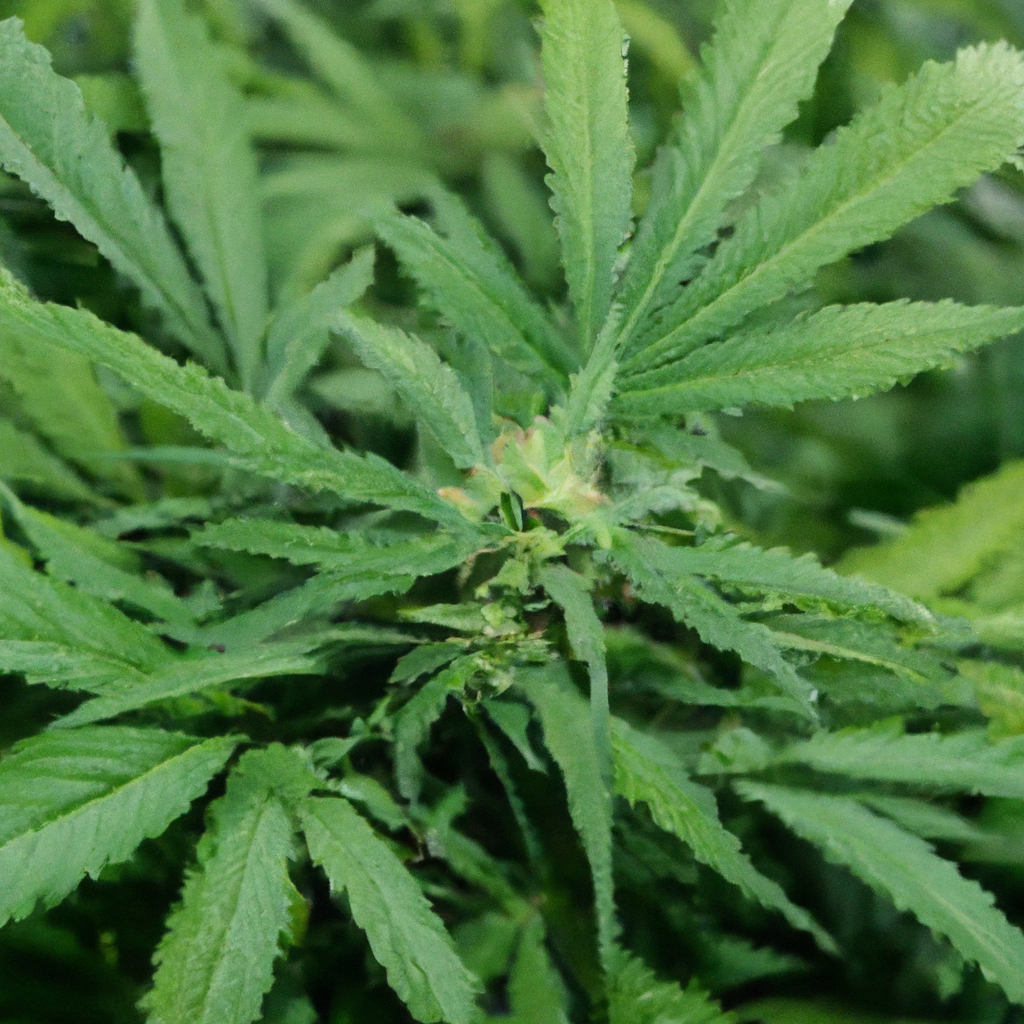
With rising demands for sustainability, eco-friendly cannabis cultivation is becoming crucial. This guide offers key tips to minimize ecological impact and boost quality. It emphasizes water management, such as drip irrigation and rainwater harvesting, and energy efficiency with LED lighting. Natural pest control is recommended to avoid harmful chemicals. Sustainable growing mediums, like coco coir…
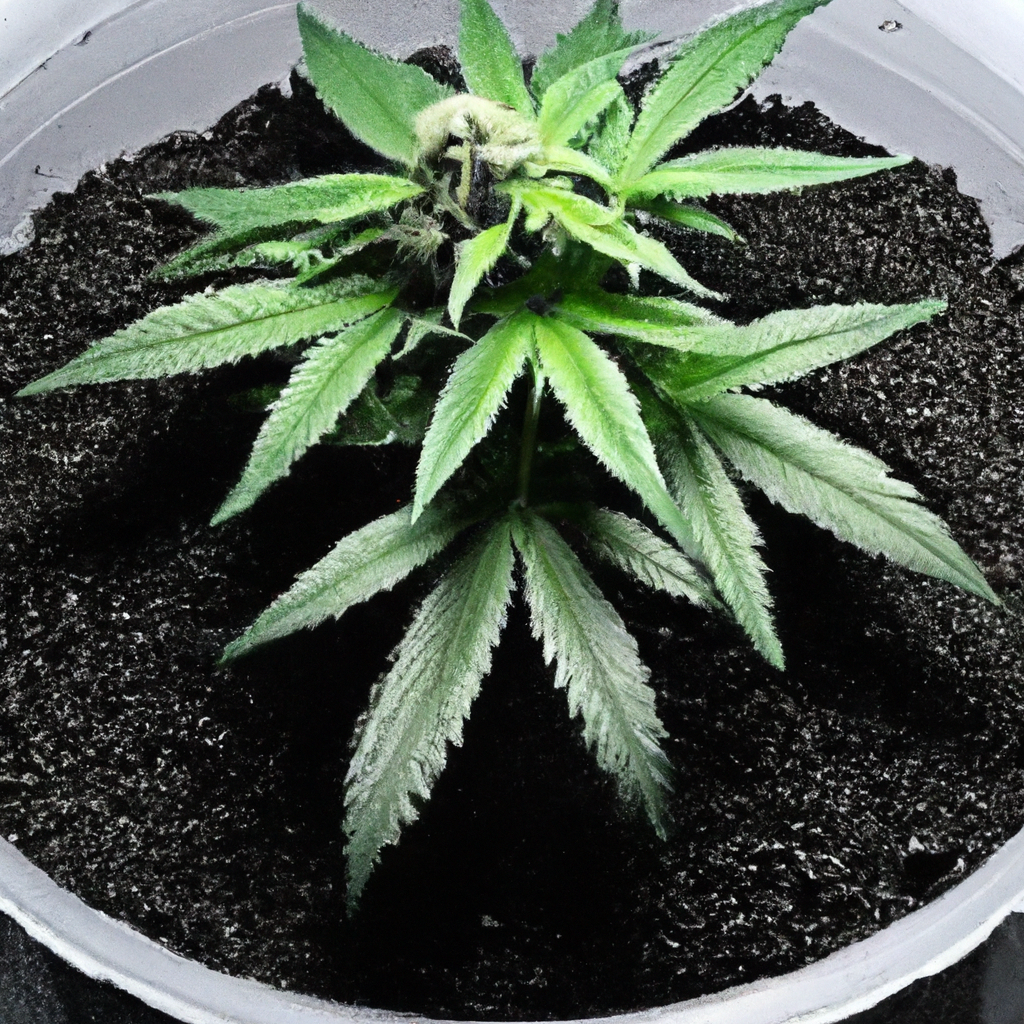
Enhancing cannabis growth starts with optimal soil preparation. Ensuring nutrient-rich soil supports plant health and potency, making it vital to include macronutrients like nitrogen and phosphorus, as well as maintaining a pH level between 6.0 and 7.0. Building a custom soil mix with elements like topsoil, perlite, and organic compost allows for precise nutrient control,…
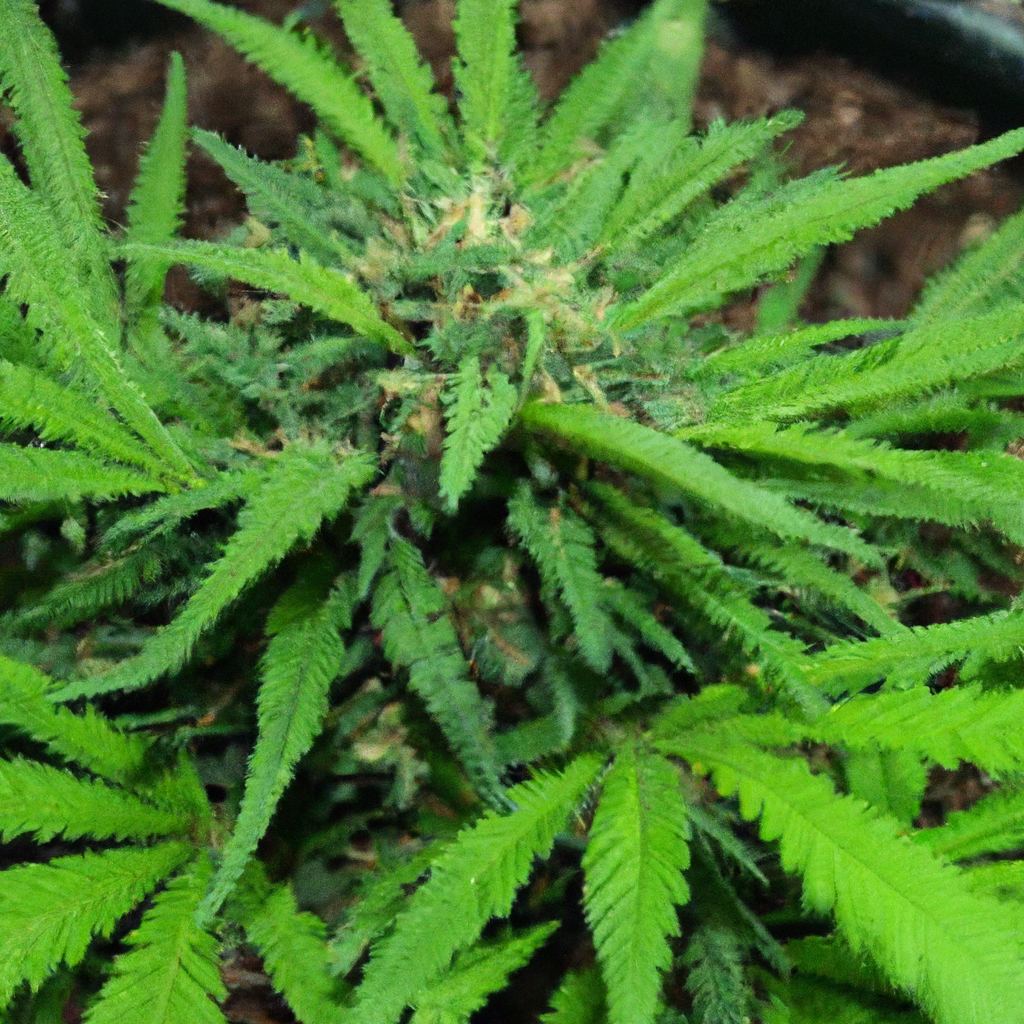
Growing cannabis organically is increasingly popular due to the emphasis on sustainability and environmental health. This guide offers practical advice on optimizing nutrient intake using natural fertilizers, addressing challenges, and presenting innovative solutions. Key organic fertilizers include compost, bone meal, fish emulsion, worm castings, and kelp meal, all promoting plant health and soil vitality. While…
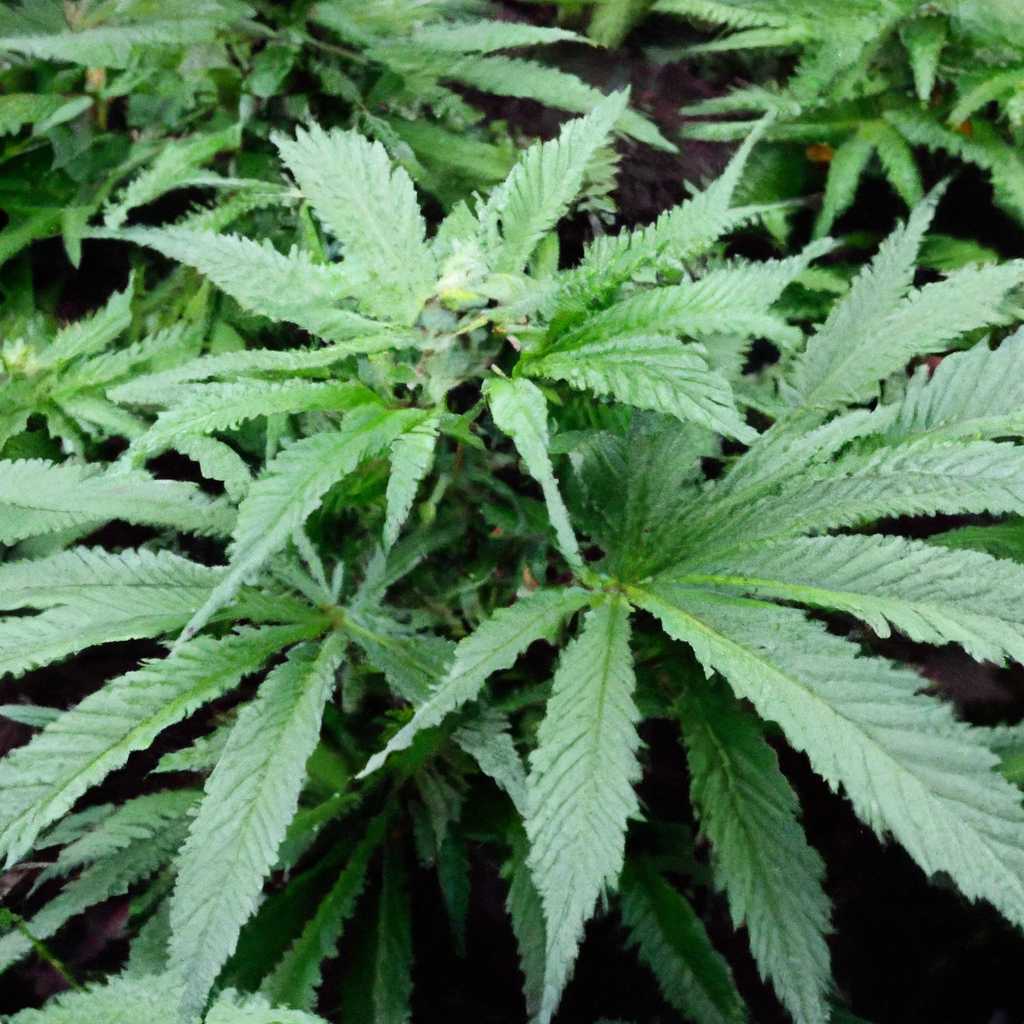
As the demand for eco-friendly products rises, many cannabis cultivators are adopting organic practices to enhance sustainability, soil health, and product quality. This guide outlines best practices for organic cannabis growth, focusing on nurturing robust soil ecosystems, utilizing natural pest control, and opting for organic fertilizers. Key techniques include using quality compost, practicing crop rotation,…
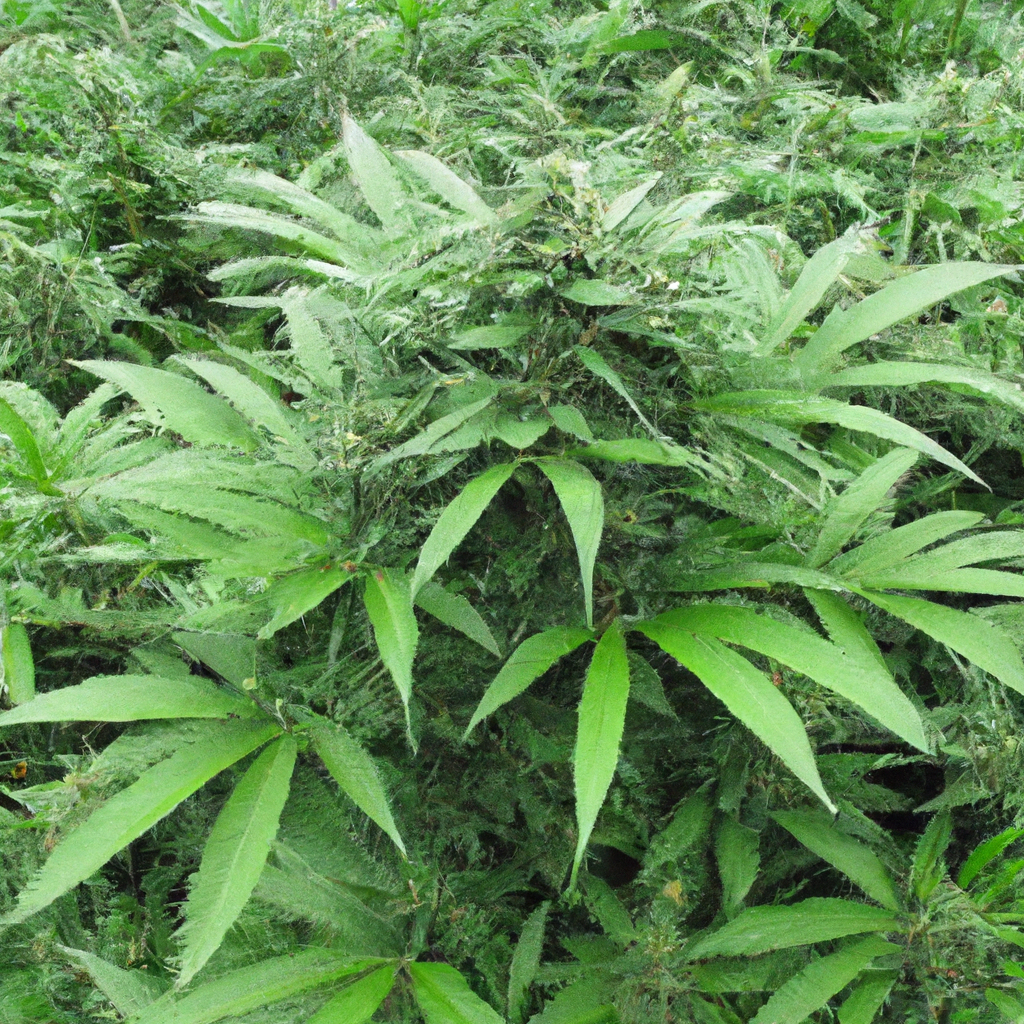
Cultivating cannabis organically involves adopting sustainable practices that prioritize plant health and product quality while benefiting the environment. Key aspects include crafting nutrient-rich organic soil through composting and cover crops, using natural fertilizers like worm castings and guano, and employing organic pest control methods such as companion planting and neem oil. Organic cannabis cultivation supports…
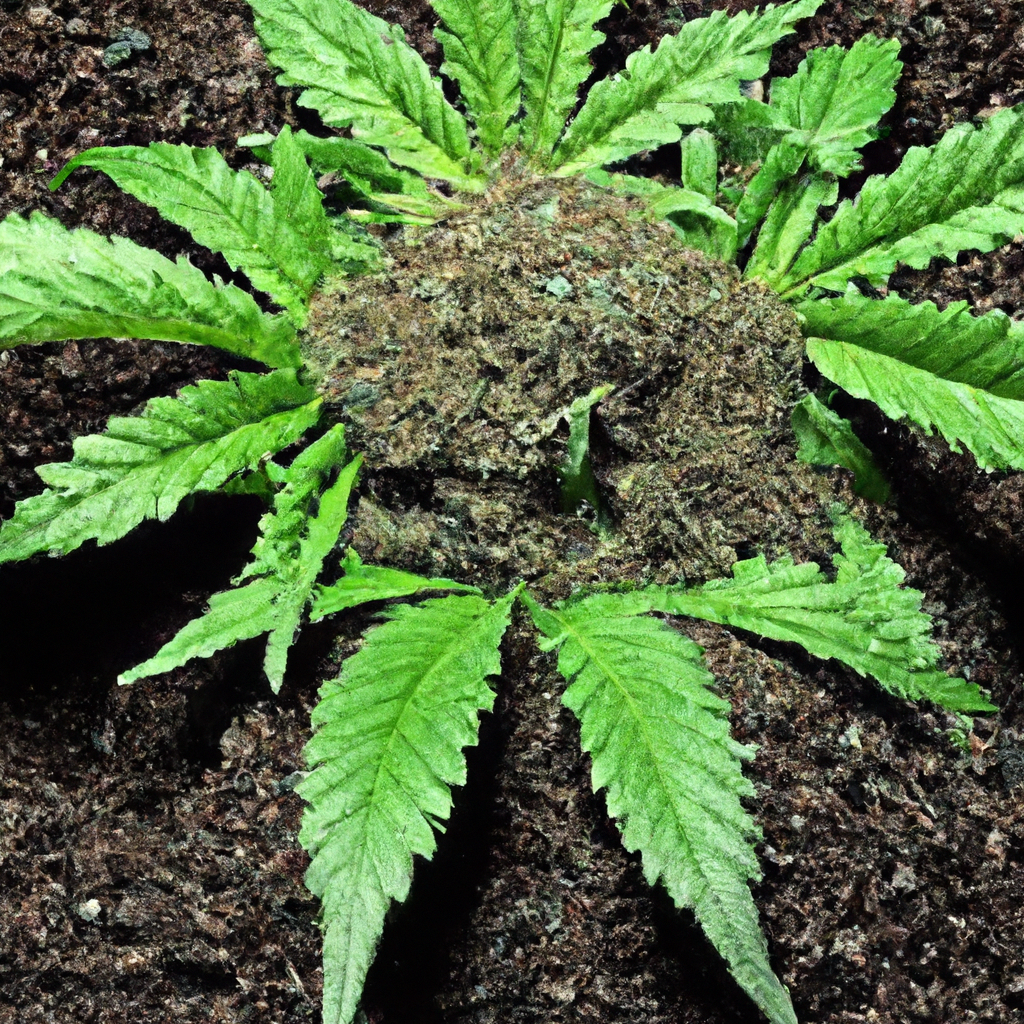
Proper soil health and preparation are crucial for optimizing cannabis growth, yield, and quality. For thriving plants, aim for a loamy, well-drained soil rich in organic matter. Begin with a soil test to assess pH and nutrient needs, and amend the soil with compost or manure to enhance structure and nutrient availability. Ensure good aeration…
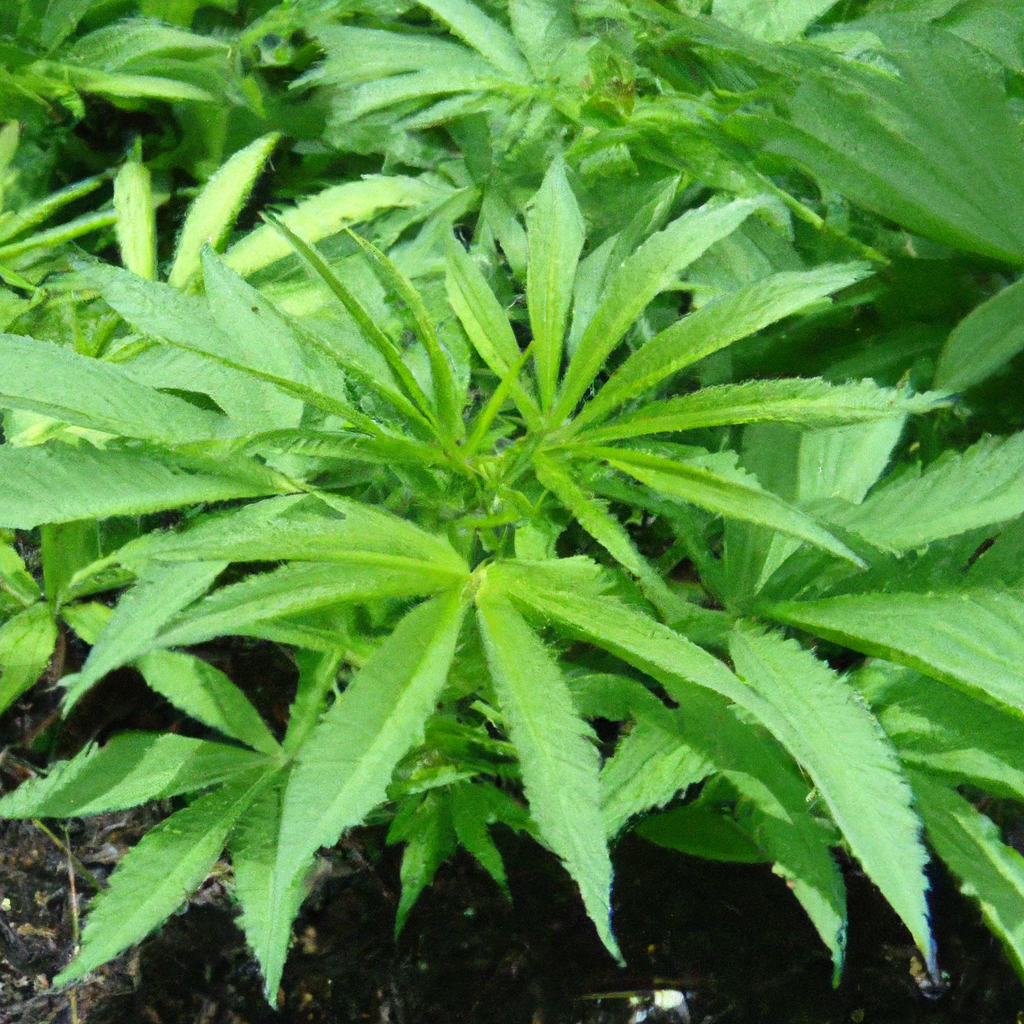
Organic cannabis cultivation focuses on sustainability by using natural fertilizers, composting, and eco-friendly pest control, enhancing soil health without synthetic chemicals. Key practices include enriching soil with compost, using cover crops, and mulching. Natural fertilizers like fish emulsion and bat guano provide essential nutrients while eco-friendly pest control methods use companion planting and neem oil.…
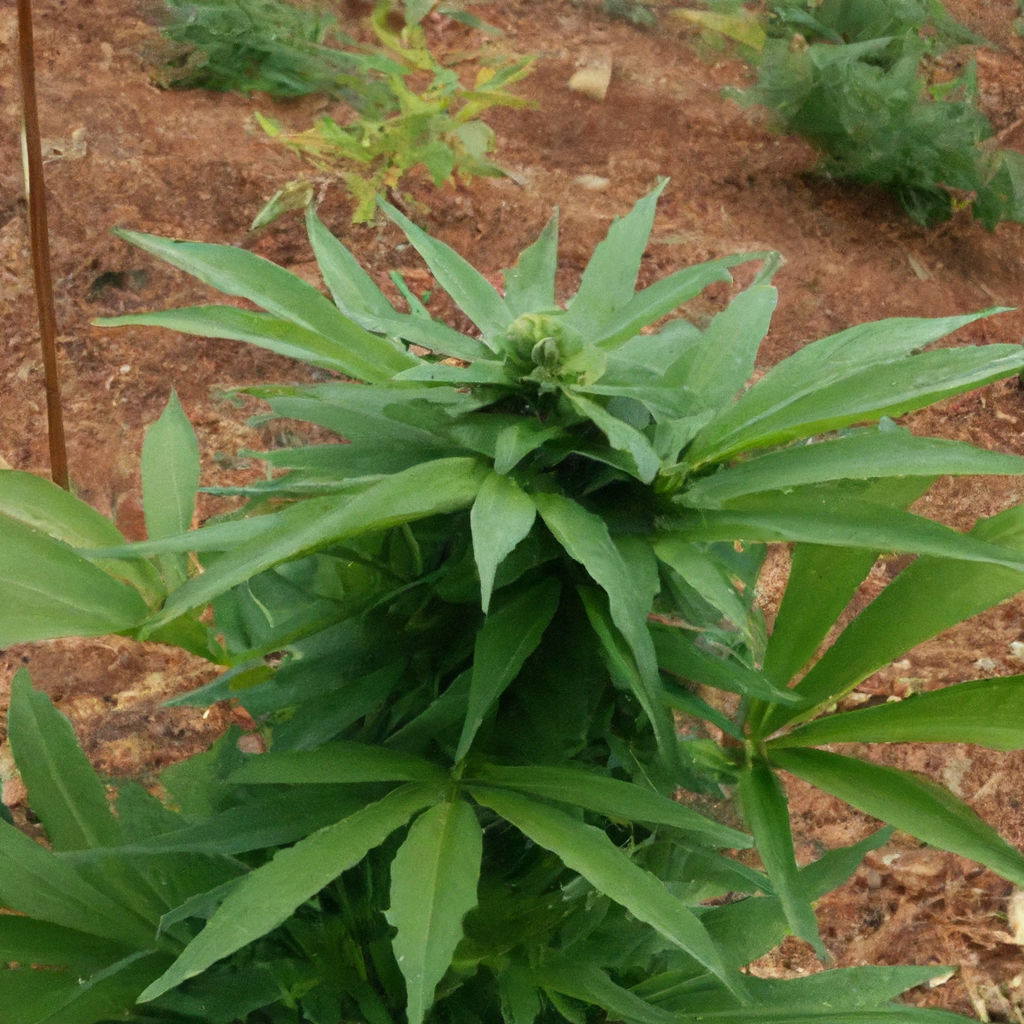
Organic cannabis cultivation emphasizes sustainability and superior product quality by forgoing synthetic chemicals in favor of natural methods. This approach focuses on nourishing the soil with composting, crop rotation, and cover crops to build a healthy ecosystem, while using natural fertilizers like bone meal, fish emulsion, and seaweed extract. Sustainable pest control techniques, such as…
